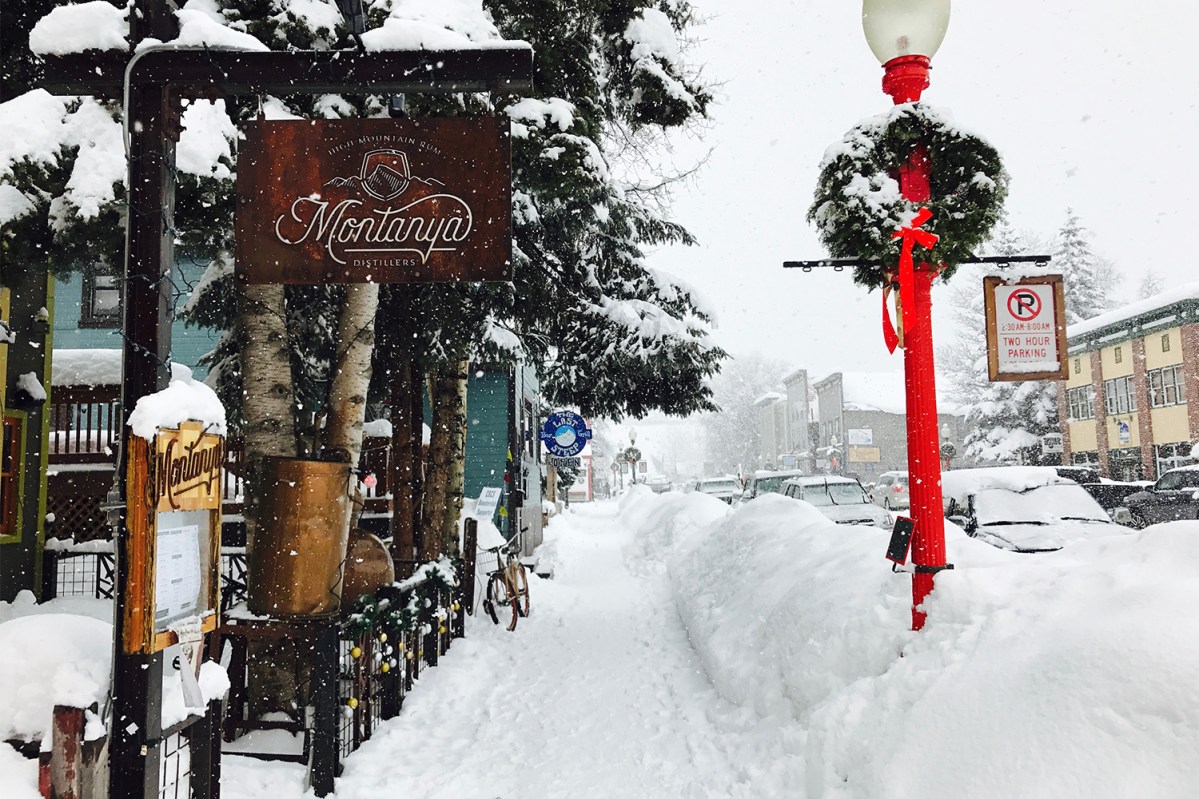
If we’re looking for something to raise a glass to, one recent development is the B-Corp. The burgeoning international certification program is taking a magnifying glass to business and their practices, calling them out on poor form or confirming their noble claims. In short, it’s a great thing to look for if you’re questioning your consumer habits.
Because it’s so expansive, it was only a matter of time before it seeped into our drinks culture. And it’s big picture, which is vital, because we exist — and imbibe — within a massive global economy. That Merlot you adore? It’s made by more than the winemaker and requires more than just fruit. Your favorite bourbon? Likewise. And it’s involves not just people and the product, but how those very things are treated and their relationship to the environment.
There are a few major B-Corp tenets that apply especially to the drinks realm. One is sustainability. We’re talking environmental footprint as well as employee treatment. The other is inclusivity, something the

Currently, there are well over 3,000 certified B-Corp companies spanning 150 industries and more than 70 countries. An increasing number of those are beverage makers looking to better their own ways of business and lead by example. Brewers like North Coast in California and wineries like Brooks in the Willamette Valley.
Montanya Distillery is one such certified operation, making spirits out of Crested Butte, Colorado. Founder Karen Oskin started the project as a love letter to rum, something she first truly enjoyed while traveling abroad.
She’s championed the B-Corp ethos from the start, even before it formally existed (it launched in 2007), and has penned articles in various publications on the subject. In one, for Distiller Magazine, Oskin pointed to our renewed interest in transparency, especially where food is concerned. That mindset has seeped into craft, where consumers want to know everything from where the grain was grown to how fairly the sales staff is treated.
More to the point, people want to know that what they’re being fed isn’t bullshit.

“It’s so easy to make claims about sustainability. It’s more challenging to measure your actions quantitatively and then be evaluated by a third party on the accuracy of your claims,” she says. “There is a lot of smoke and mirrors out there. I’m a fan of verification.”
She says that while craft distilling is relatively new, it can be stuck in the past, to some extent. “I regularly see inefficient use of water and energy, mishandling of biomass leftovers, purchasing of GMO raw ingredients like corn, an astoundingly low representation of women and people of color and missing benefits packages for employees,” she says.
Pursuing B-Corps status has always been an organic fit for North Coast Brewing Company. It was officially certified in 2015, but the Golden State operation has focused on social and environmental responsibility throughout its 30-year existence. “From our innovative partnership with Fortunate Farm to our practices in waste reduction and energy efficiency, we have always operated with the understanding that our business success depends on taking care of our people, our community, and the environment,” says brewer CEO Sam Kraynek.
“There is a lot of smoke and mirrors out there. I’m a fan of verification.”
He says the big and little things add up and that philanthropy, too, is an important element of the overarching cause. “From waste management to composting spent grain, there are small changes that breweries can make which create a big impact when done on a large scale,” Kraynek adds. “We hope that our brewery’s commitment to sustainability inspires other breweries to make decisions that help the planet, one pint at a time.”
It’s all part of a complicated evolutionary process that we should be grateful people are paying attention to. For the drinks realm, it can be extra nuanced, as we tend to like it both ways. In other words, we love traditionalism in the form of amphora wines and wood-smoked beers but we also covet diversity, carbon emissions, and stains on laborers and natural resources. There are things we can do on our own, for sure, but the B-Corp protocol is serving as a real police force in an area that needs it.
“For companies that are working to break this cycle, the B-Corp certification is an amazing way to become part of a better style of business,” Oskin adds. “There is always room for improvement and to learn.”


